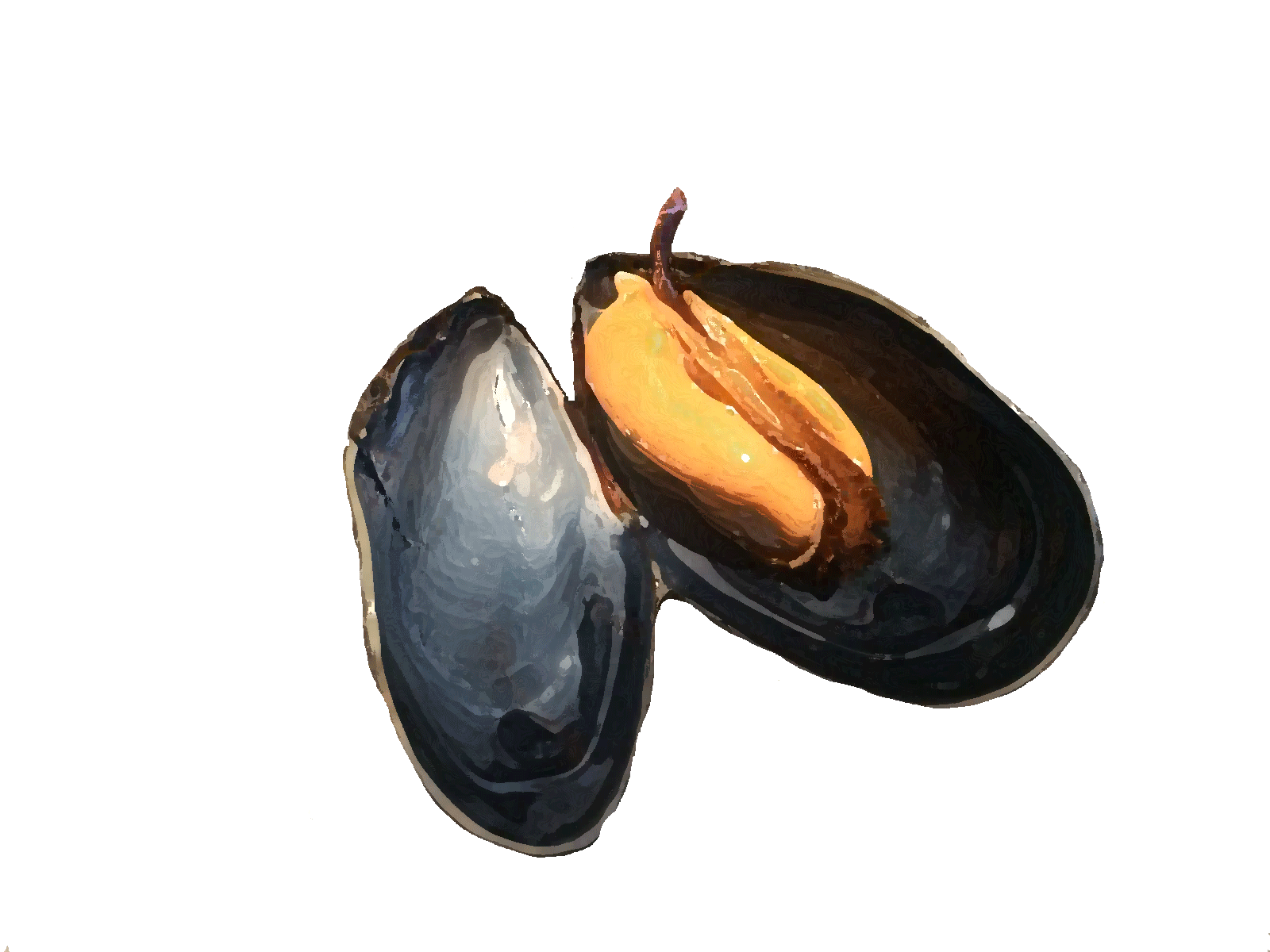Zhao, Z., Capelle, JJ, de Smit, JC, Gerkema, T, van de Koppel, J, Yuan, L, Bouma, TJ, Boosting efficiency of mussel seed collection for ecological sustainability: identifying critical drivers and informing management (in preparation for publication).
Mussel farming is closely linked to the availability of young mussels, or mussel seed. Originally, all mussel seed was collected from natural mussel seed banks and then transferred to specially designated areas to further grow into consumer mussels. From the beginning of the 21st century, experiments have been conducted with floating installations in the water, called Mussel Seed Capture Systems (MZIs), to capture mussel seed. In 2009, agreements were reached between the government, the mussel industry and conservation organizations to phase out traditional harvesting of mussel seed from natural banks as part of sustainability efforts. This has led to a significant increase in the use of MZIs. In 2021, the MZI area in the Dutch Wadden Sea was expanded to 216 hectares. Here both systems with continuous lines under buoys and systems with nets under pipes are used as regular structures.
To read more about this see: Knowledge base: mussel seed capture for sustainable mussel farming in the Wadden Sea:is there a difference in invasion efficiency and is there room for improvement?


